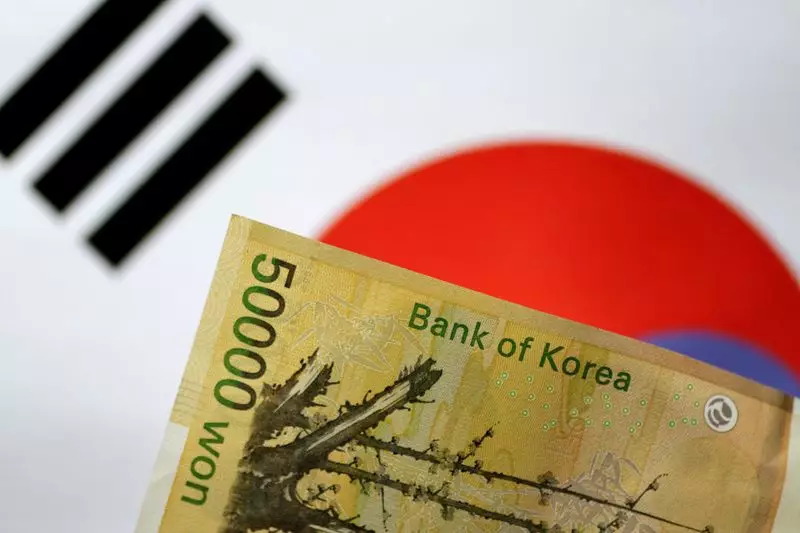In the wake of recent political upheaval, South Korea finds itself at a crossroads. The Bank of Korea, under the leadership of Governor Rhee Chang-yong, has emphasized that political stability is now more critical to the nation’s economic health than external influences like U.S. monetary and trade policies. The sharp shift in focus highlights the gravity of the ongoing political crisis, which has led to significant adjustments in the government’s economic growth forecasts. Following tumultuous events, including President Yoon Suk Yeol’s failed martial law attempt and subsequent arrest, the economy is in a precarious state, necessitating careful navigation through these turbulent times.
The political landscape in South Korea has experienced unprecedented instability, directly affecting the economic outlook. The Bank of Korea made the surprising decision to maintain interest rates at 3.00%, prioritizing the need for political normalization over immediate economic stimulus. This decision reflects a growing consensus that without a stable political environment, economic recovery will remain elusive. Governor Rhee’s remarks underscore a fundamental truth: political processes must regain equilibrium for economic conditions to improve significantly.
The implications of this turmoil are stark. The government has revised its economic growth projection for 2025 from 2.2% to 1.8%, suggesting the challenging circumstances are weighing heavily on expected performance. This downward adjustment paints a bleak picture for the future of the South Korean economy, which requires both stability and growth to thrive.
Amidst the political chaos, the South Korean won has also been affected, experiencing volatility tied to both domestic and international factors. Interestingly, Governor Rhee pointed out that the political events, especially the arrest of the impeached President Yoon, have provided some support for the won. As financial markets reacted to these developments, the won briefly strengthened, indicating that investors may be taking a cautiously optimistic stand on the political turmoil’s resolution—at least in the immediate term.
However, the situation remains fluid. While the dollar-won exchange rate saw positive movement following the arrest, market sentiment is vulnerable to further developments in the political arena. The central bank’s decision to maintain interest rates signals an understanding that currency stabilization is critical for economic confidence, especially as South Korea seeks to rebuild trust in its financial and political systems.
South Korea’s path forward hinges significantly on the political climate’s stabilization. The arrest of President Yoon might represent a significant turning point, but the road to recovery will be fraught with challenges. The former president remains embattled, resisting additional questioning in a criminal inquiry regarding his controversial actions. Should these political conflicts persist, they will pose substantial risks to both economic growth and investor confidence.
Looking ahead, fostering a stable political environment is paramount. As Governor Rhee has aptly noted, achieving normalcy in the political sphere is essential for economic institutions to function effectively. Policymakers must therefore prioritize diplomacy and consensus-building to restore faith in governance—a prerequisite for a successful economic rebound. Only through a collaborative effort to ensure stability can South Korea hope to navigate its way out of this crisis, positioning itself for a prosperous future.

